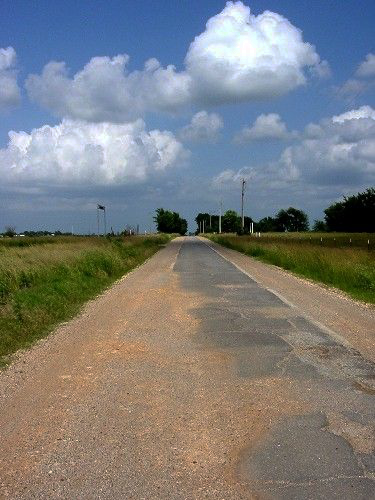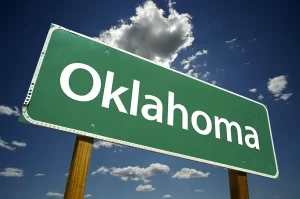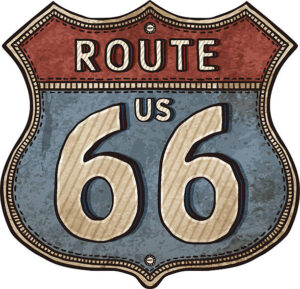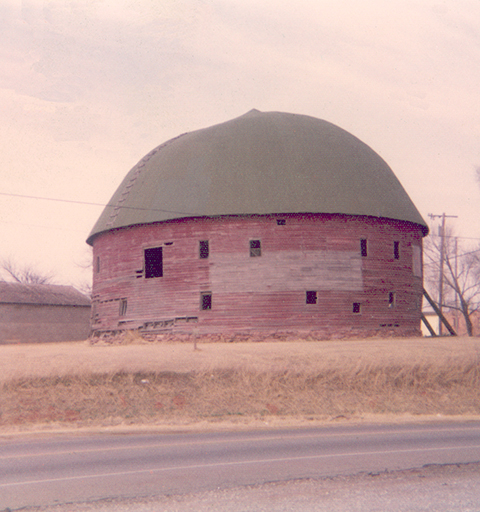


Well, I’m finally starting the final pass through my novel, which I’m now calling “Tumbleweed.” This pass will be for final cuts. The novel is just shy of 129,000 words and I’m hoping to get it to under 100,000. So, I think I am going to lose some scenes I love. Steven King says that in his final pass he cuts everything that is not part of the story, so that’s what I’m looking for but it’s not as easy as he makes it sound.
The novel is a family story that begins in 1948. Luke, the father, cannot provide for his family in Oklahoma. Influenced by his wandering spirit, he decides that he could prosper in California, and loads his wife and three children into his rickety 1937 Chevy and heads out. In California they live as migrant workers, staying mostly in labor camps. Their goal is to pay off their mountain of debt and return home to Oklahoma. At least that is Luke’s wife’s goal. He would be just as happy to stay in California traveling around and doing whatever work he can find.
Part 1 of the book is now the journey from Oklahoma to California down Route 66, and it is historically accurate based on my research and my mother’s journals from a similar trip. The family’s journey is fraught with problems, and embellishes some of my parent’s actual experiences.
I love this section, but I’m not sure whether other readers will. I like it because I like contemplative books about the road, and this section is sort of that.
Right now I have four parts to the book, each introduced by an introductory statement, a made-up quote. It could be that they will have to go, but I hope not because I like them. I’ve just started reviewing part 1. Here’s my quote that introduces the section.
“What is it about the road? Is it the mystery, never knowing what lies ahead? Just around the bend, there’s got to be something better — greener grass, bluer skies, brighter days, a better life.
That is a sentiment that Luke understands. To Luke it feels good to be on the road heading toward something new. The road seems to be in his blood. Traveling with the wind like tumbleweed suits him fine.
It seems to me that reading this section feels like you are taking that trip down old Route 66, and I like that, but I could be fooling myself. Someone else may find it boring, may say — just get there already.
I’m just starting on this section, and here’s hoping I can intelligently identify some cuts.
Although this is a novel, there are some tidbits based on truth. I’m adding one of these excerpts about Luke’s love of dance. Luke is definitely based on my father and he was a complicated character indeed. Everything in this partial scene except the setting of the Round Barn is true including the Silver City Dance hall and the tornado. I keep toying with cutting this scene entirely. I don’t reference the dancing after this in the book, but I do reference the tornado at Silver City. I’m still undecided, but I’m leaning towards keeping it. I think it adds to the story because it shows character and Luke’s willingness to give up something he loves because it goes against his religious beliefs. I don’t personally agree that dancing is wrong, but this is about him.
The scene begins during the family’s first day on the road, June 1st, 1948. They are still in Oklahoma on Route 66. In Arcadia, Luke points out the Round Barn that once held dances on the second floor. He shares the memory of the time he and his sister Betty went there to dance. His wife Grace is also mentioned in the scene.
Barn Dance Excerpt

Luke shakes his head and laughs lightly at the memory, “My oh my, Sis and I had the moves. We loved to dance. At the Round Barn the music just took over, surrounded us, went right through us; it was great. The band began playing this fast jumping tune, and we got out on the floor and started doing the jitterbug. I bounced her off one of my hips then the other, and a few couples just stopped to watch us, then I threw her between my legs, and a few more stopped to watch. Then I threw her over my shoulder, and all the other dancers stopped to watch. Before the song was half over, everyone in the whole place was standing around stomping their feet, clapping their hands and watching us, egging us on. It was something; let me tell you. We loved to dance, and we never missed a beat. Everybody just cleared the floor and watched us. For the rest of the night we were the entertainment.”
Luke becomes quiet for a minute thinking about his old sinful ways, then continues, “There was one time though, not long before Mama died, Betty and I went out dancing at our usual spot in Silver City, close to Drumright, and nearly didn’t make it back home.”
He glances at Grace, “Did I ever tell you about that?”
“No, what happened?”
“Well, we went to this dance hall with another couple and we were dancing, having a good time when somebody noticed and said that the weather was turning bad. We looked out and the sky was dark, and threatening, so we decided to leave. We had just come out of the big dance hall and walked a short ways when the wind came up. We all four linked hands against the wind, and then we saw the tornado funnel bopping along churning up whatever was in its path. It came roaring toward us and, at that moment, picked us up and carried us all four across the road and down a ways and dropped us in a ditch. We stayed hunkered in the ditch until it passed. Finally, when we could, we got up and saw that the roof of a filling station from up the road was laying on the ground nearby, and the dance hall we had just left was completely gone.” …
Grace says, “God was looking out for you.”
“Yes, He was. I think about that pretty often.”
“Well, I’m glad that none of you four were hurt.”
Luke nods and gets quiet, thinking again. He doesn’t believe in dancing now, but only God knows how hard it was for him to give it up, and even now how hard it is for him not to dance, but it’s one of the things he had to give up in his deal with God when he became a Christian. After all, he thinks, it doesn’t matter what he wants, it matters what God wants.
***
If you have an opinion, feel free to express it, but please break it to me gently if you don’t like it.

The Big issue here is he stopped dancing..because his deal with God…what was the deal…why did he think he was a sinner…what did dance have to with being a Christian…
I like the idea he is reminiscent good times that fed his soul. His wandering had to be tough with family. He sacrificed himself, his wandering , for the good of the family.
I believe you’re on the road to a good read..
I’m with you. It has nothing to do with it, but that is his belief, and he gave dancing up because of the belief that it was wrong. To him being a Christian was about sacrifice. His wandering was tough on the family but it was in his soul. That and the effect on the family, especially the children, is what the book is about. And yes it is a big sacrifice for him to give up the wandering life style, and whether he can do it is part of the question. Thanks for the positive ‘good read’ word. I hope it will be.
P.S. There’s another scene later on in the book that explains his ‘Deal’ with God. He was badly injured earlier in his life and told he would never walk again. At that time he considered himself a terrible sinner. The deal was if God would allow him to walk again he would become a Christian and dedicate his life to God. However, I decided to take out the words “in his deal with God” and let that wait for the later scene.
Thank You